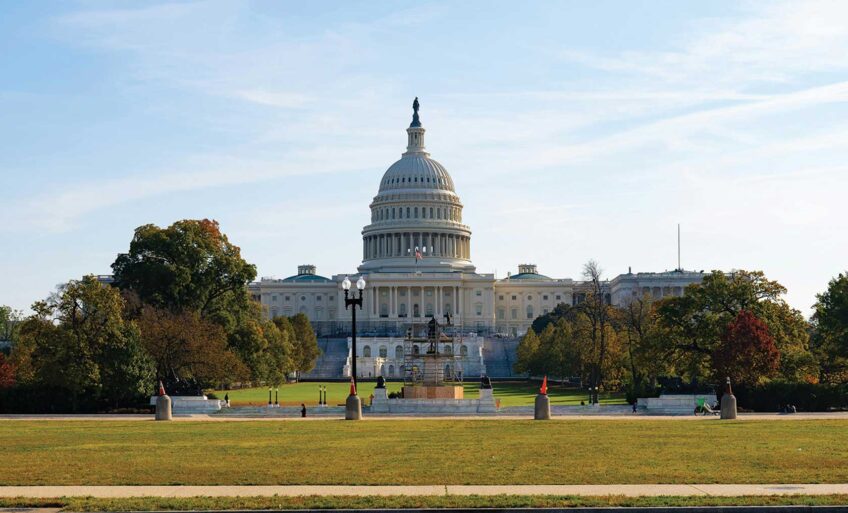‘Promise Neighborhoods’ offer opportunity to move beyond the bickering
In a particularly compelling scene at the beginning of “Waiting for Superman,” the new documentary about urban public education in America, Geoffrey Canada, founder of the Harlem Children’s Zone, recounts the story of growing up in the ghetto and waiting for some kind of “Superman” to come and make things right in a place where so much was wrong.
In many ways, Canada became that “Superman” figure for underprivileged Harlem children, breaking down barriers to learning by assembling an integrated network of services to address their educational, health, social and emotional needs. What began as a pilot project serving one city block now covers 100 blocks that are home to more than 17,000 children.
Is there a “Superman” on the horizon for urban school systems in Massachusetts?
The U.S. Department of Education recently awarded planning grants ranging from $456,000 to $500,000 to groups in Boston, Lawrence and Worcester to create “Promise Neighborhoods” in those urban centers modeled after Canada’s enormously successful program.
For Massachusetts, the creation of “Promise Neighborhoods” provides an opportunity to bring a holistic model of urban education to some of the lowest performing school districts in the state. These zones will combine and coordinate academic, health care, emotional, behavioral and social programs to create an integrated approach to learning.
But taking these ideas from concept to reality will require a concerted effort on the part of state and local officials, community and business leaders, and teachers’ unions to move past tired arguments over MCAS, charter public schools, teacher tenure and other issues that should have been settled long ago. These turf wars, which are still being fought at the state and local level, only impede progress, draining attention and energy away from efforts to advance a comprehensive agenda that incorporates the basic building blocks of a child’s future.
To provide inner-city children with real opportunity, policymakers need to look at education in broader terms and today’s urban schools need to do more than teach. They need to break down barriers to learning — poverty, malnutrition, lack of adequate health care, drug addiction, emotional problems, absentee parents and language barriers, among others, and address not only children’s academic needs, but also provide access to medical, behavioral and social services. Educators must go beyond a school’s four walls to work hand-in-hand with health clinics, hospitals, social workers and community leaders to attack the root causes of academic failure.
The “Promise Neighborhood” concept need not be isolated to these three pilot programs. School districts and charters can partner with community service providers to provide a full range of services. Individual schools can become mini-children’s zones providing these services on site — expanding on the school nurse concept to create health, dental and vision care clinics right inside school buildings and ensure that students not only get basic checkups, but also needed follow-up care that their parents often do not — or cannot — pursue.
We already have examples of how this could work. There are district schools in Boston that have partnerships with local medical and mental health providers. Codman Academy, a charter public high school in Dorchester, is located adjacent to the Codman Square Health Center. The two have forged a close partnership through which the health center provides students with medical and mental health services as well as health career internships.
Neighborhood House Charter also offers comprehensive social services for its students. Renaissance Charter Public School has an integrated on-site health center that provides medical, dental and vision services through partnerships with the Tufts School of Dental Medicine and the New England Eye Institute.
Up to now, integrated efforts have been few and far between — and they’ve operated in silos. The impact that “Waiting for Superman” is already having on the education debate and the recent enactment of previously unthinkable reforms in cities and states across the country reflect a growing willingness among civic and political leaders to prioritize children’s needs over politics.
The effort to create “Promise Neighborhoods” in Boston, Worcester and Lawrence might just be the tipping point.
Dr. Roger Harris is the Superintendent of the Boston Renaissance Charter Public School, which educates more than 1,100 children in Grades Pre-K through 6 in Boston.






